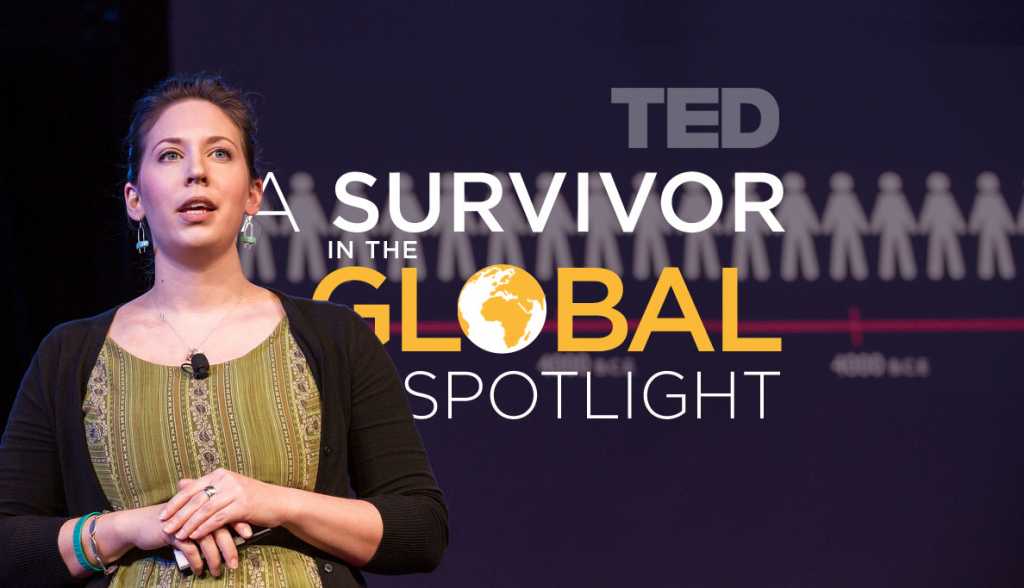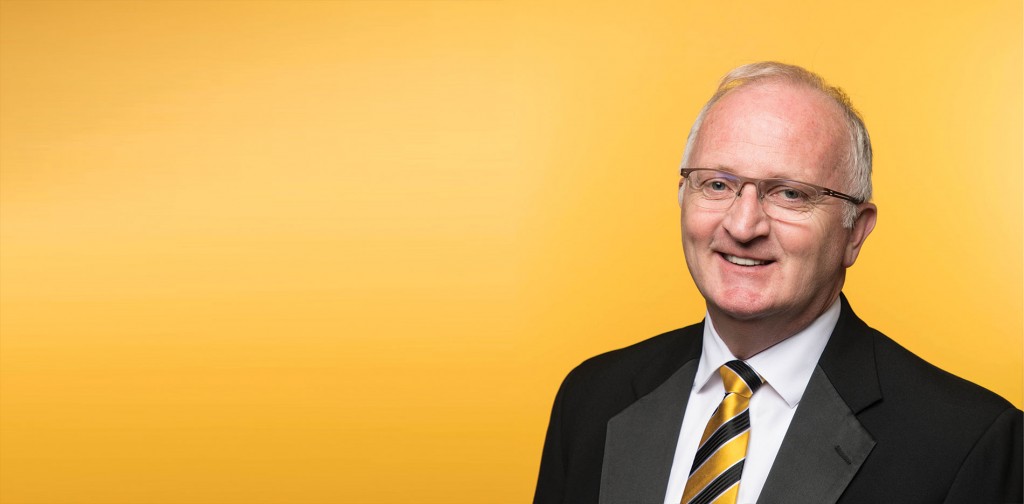Page 344 • (3,450 results in 0.099 seconds)
-
feminist, process and Lutheran theologies and has focused on Christology, theological anthropology, the doctrine of God, and science and religion (including economics, geoengineering and ecology). As a contributor and editor, she published Cross Examinations: Readings on the Meaning of the Cross Today (Fortress, 2006) and contributed to Transformative Lutheran Theologies (Fortress, 2010) and Lutherrenaissance: Past and Present (Vandenhoeck & Ruprecht, 2015) along with several other journals and books
-
building,” Anderson remembers. “In my experience, he did not know the word ‘no!’ — he was always willing to tackle the very next project, and to do it well!” As a PLU student, Chris was a member of the Wind Ensemble and majored in business administration with an emphasis in computer science. Away from campus, Chris was passionate about photography, woodworking, backpacking, skiing and cooking. He is remembered lovingly by his daughter and PLU staff member Sarah Daggett ‘07 ‘12 and his sons David
-

that’s virtually nonexistent. After graduation, Hunt moved on to graduate school at Durham University in England, where she earned a master’s of science after blending her PLU degrees—and her life experience—into the emerging field of paleopathology: the study of disease, health, trauma and diet in human biology in ancient societies. “I want to look at evidence of cancer in archaeological remains and add to a dataset that’s virtually nonexistent,” Hunt said. “At that point I wouldn’t have even called
-
1996, earning a bachelor’s degree in history with a minor in political science. Rebecca graduated with an education degree two years later. She teaches fourth grade in Chelan. After working a technical job at Boeing right out of college, Scott Benson changed course and the pieces started falling into place for his future in the wine business. “We made a very abrupt plan to move down to Willamette Valley,” a region in Oregon known for its wine, Benson said of him and his wife. There he studied
-
of the great literatures of the world, from Anglo-Saxon origins to post-modern rebellions: for example, identity, society, and God; love and desire; industry, science, and culture. (4) ENGL 275 : Literary Passages: An Introduction to Literatures in English An introduction to literatures in English from around the globe, focusing on the imaginative, critical, and social power of reading and literary study. This theme-based course is centered around an in-depth study of one of Shakespeare's plays
-

the next level. He wants to promote change in measurable, actionable ways concentrating on identity and messaging, environment and well being, and resources and stewardship. President Allan BeltonJoins members of the Independent Colleges of Washington in a meeting with Washington Gov. Jay Inslee. President Allan BeltonShaking hands with a recent graduate from Pacific Lutheran University. President Allan BeltonLooking on as a student conducts a test in the Rieke Science Center at Pacific Lutheran
-
spent learning and applying the science of psychology gave me an informed eye toward effective methods of treating patients. Additionally, I am inspired by PLU’s mission for community leadership and have brought that mission with me to the communities that I am currently a part of and the communities that I plan to serve in the future. Kendra Saathoff ’17: Feminist Student Union was a medium through which I connected with others who identify as feminists. It created a space for the dialogue I
-
Science Center at Pacific Lutheran University. Belton also wants to build upon the institution’s strengths, such as expanding facilities for all of our programs. He says the facilities need to reflect the quality of the programs, to compete with others in the region. “We need state-of-the-art facilities,” he said, “ to match the quality of our teaching and the caliber of our students.” Belton says he plans to boost PLU’s profile in the region by engaging local leaders and talking more intentionally
-
survive out of a storage room with some mismatched cross-country skis, moldy tents and battered snow shoes. So two students, Eddie Espinosa ’96 and Matt Wade ’98, set out to save it. “It was just a line in the (Associated Students of Pacific Lutheran University) budget,” Espinosa said. “There was nobody really running it.” Espinosa, an exercise science major with a passion for climbing, vowed to rectify that problem. But, as a senior, he needed someone to partner with who could take the reins on this
-
disciplines: Religion, Political Science, History, Languages & Literatures, Cultural Studies. Advanced Search JSTOR is at its most useful when using the advanced search option due to the variety of content available. Pay attention to the following options for narrowing down or broadening your search: Images: Above the search bar you will see a tab for Images. This is a great place to search for high quality images of primary sources. Access Type: Below the search boxes, you will see an option for “Select
Do you have any feedback for us? If so, feel free to use our Feedback Form.


